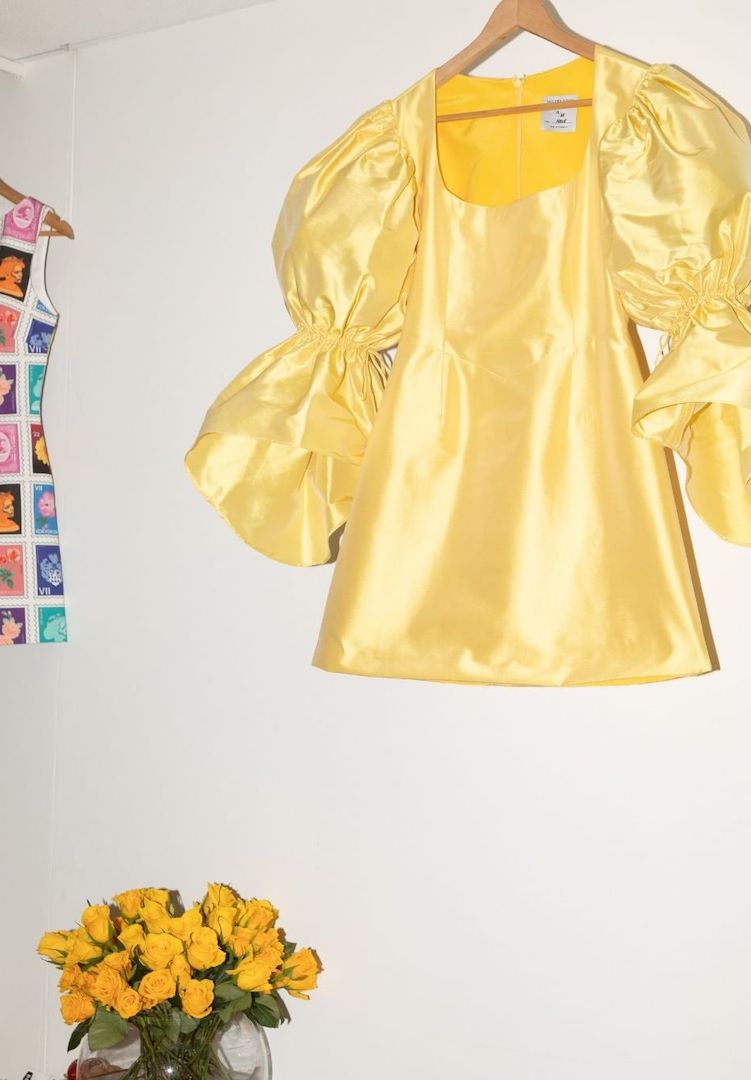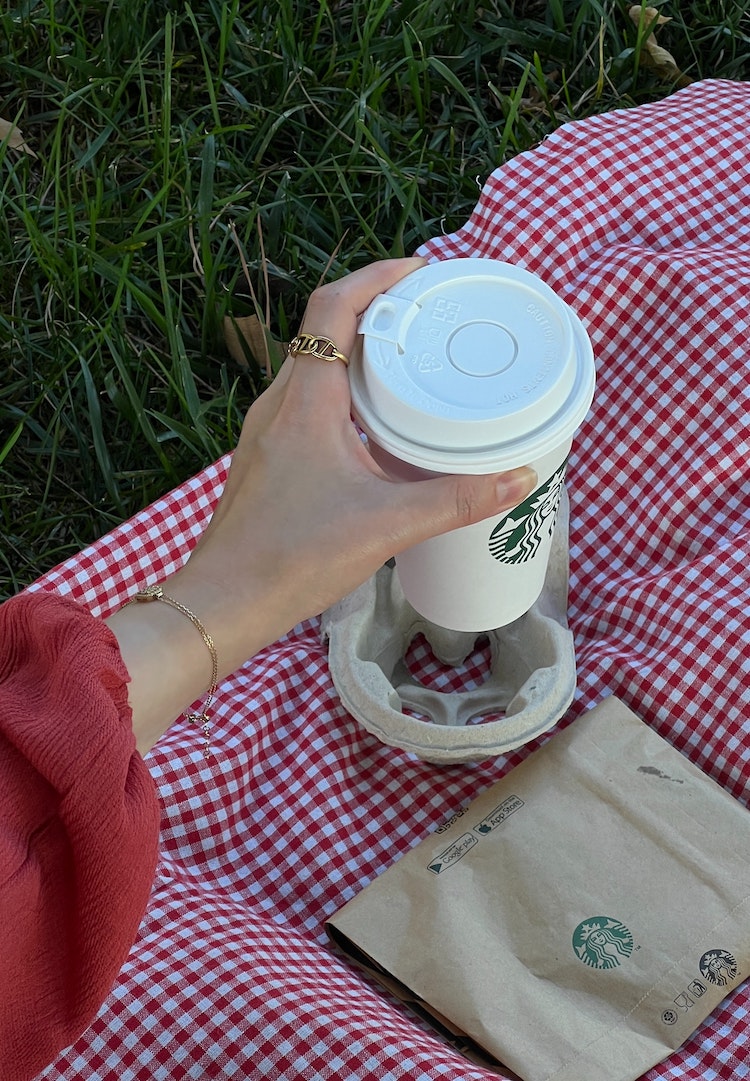Do I have a shopping addiction? I spoke to a psychologist about my spending problem
WORDS BY CAT FORSYTH
“Compulsive buying gives the purchaser short-term pleasure, and that short-term pleasure becomes addictive.”
In the era of ‘girl dinner’ and ‘little treats’, it’s become very easy to spoil ourselves. We all love our iced lattes and our therapeutic shopping, but is there a point where it all becomes a bit much?
I’ve developed a troubling habit over the last few years: the tendency to buy things in order to make myself feel better. Don’t get me wrong, it’s normal to do this every once in a while – we all do it. But I’ve been trying to fill a metaphorical ‘hole’ within myself, and using objects to do so (and with money that I don’t always have).
For more fashion news, shoots, articles and features, head to our Fashion section.
Whether that looks like going for a ‘quick shop’ after a hard day or buying ‘just one more’ coffee, I know that my spending has gotten out of control. I always feel lots of guilt and shame when I spend money, but even that doesn’t stop me from splurging. I’m at a point in my life where I’m really planning for my future; I’m looking towards solo travel, moving out and being completely financially responsible for myself.
I really want to get serious about saving, but it feels like my spending compulsion is getting in the way of that. To quell my worries – and hopefully come to some sort of solution – I spoke to Dr Rebecca Ray, a clinical psychologist and bestselling author.
Why might someone be having trouble with overspending or saying ‘no’ to buying something? Often, it feels like I don’t even have a choice, or that I’m compelled to buy something.
Overspending, or spending in general, often gives people a dopamine hit. Dopamine is the neurotransmitter in the brain responsible for giving us a sense of pleasure and reward. It motivates us to repeat a behaviour.
For some people, buying feels very, very good (for a short period of time) because of dopamine, and often because the behaviour itself is an avoidance strategy designed to avoid unpleasant feelings. The compulsion is likely driven by your brain’s desire to get that hit, and then followed by guilt and shame because you feel and/or believe that you’ve ‘overspent’ or bought something unnecessary.
What is a ‘shopping addiction’? We’ve all heard about that classic movie trope where an overspender has to freeze their credit cards in an ice block, but what’s the psychology behind it?
The technical term for shopping addiction is oniomania. The psychology behind it is that it’s a behavioural addiction driven by the desire to avoid uncomfortable feelings or experiences. Like any other behavioural addiction (e.g. binge eating, procrastinating, gambling) it’s driven by avoidance.
Compulsive buying gives the purchaser short-term pleasure, and that short-term pleasure becomes addictive. The markers that define shopping addiction from general shopping are that the person experiencing the behaviour often spends beyond their means, feels short-term euphoria after the purchase followed by guilt, buys things they don’t need but also feels unable to resist.
What strategies could I enact in order to try and tackle my overspending habits? I’ve started using a budget and that seems to be helping, but what could I do that helps with the emotions?
You’ve already developed awareness around the behaviour and this is such an important step, so please give yourself credit for that. A budget can be helpful as long as you don’t weaponise it against yourself and go too far the other way and be punitive with your spending. That’s likely to cause a big rebound in the direction you don’t want to go [just] like dieting usually results in gaining back more weight than lost. Practical strategies like reducing access to credit cards and staying away from shops and online shopping when you’re feeling vulnerable can be helpful, too.
It can be very helpful to identify the events and feelings that trigger you to want to buy [being aware of] stress, and trying to identify the specific feelings and events around that stress. And then you need a go-to behaviour that feels more affirming than the shopping behaviour to address the discomfort. It might be calling a friend to chat through the stress, going for a walk or anything you find relaxing.
Speaking to yourself as you would a friend is essential to overcoming any addiction. You’re not doing this because you’re broken or defective. You’re doing this because your brain has learned it works (in the short term). You simply just need to remind your brain that it will experience a bigger dopamine hit when you respond to your feelings from a place of healthy coping rather than reactive coping, and then repeat the new behaviour over and over again until it becomes your default way of responding.
If you’re struggling with a shopping addiction, you can find more advice here.










